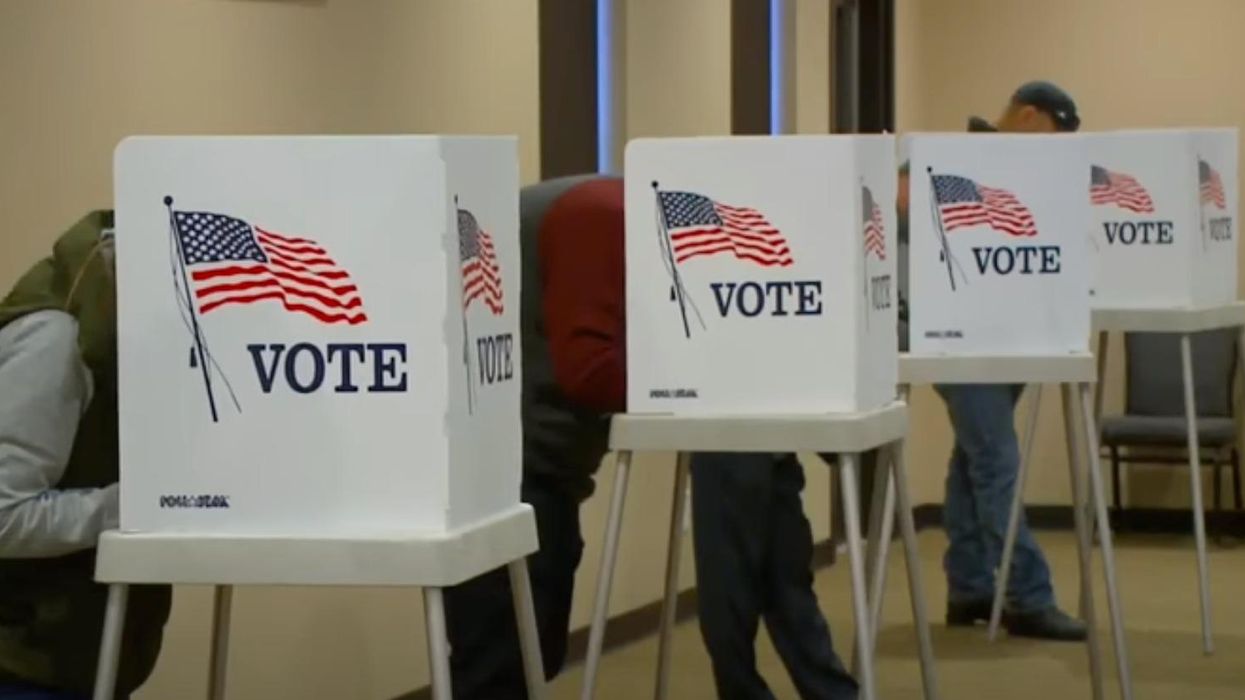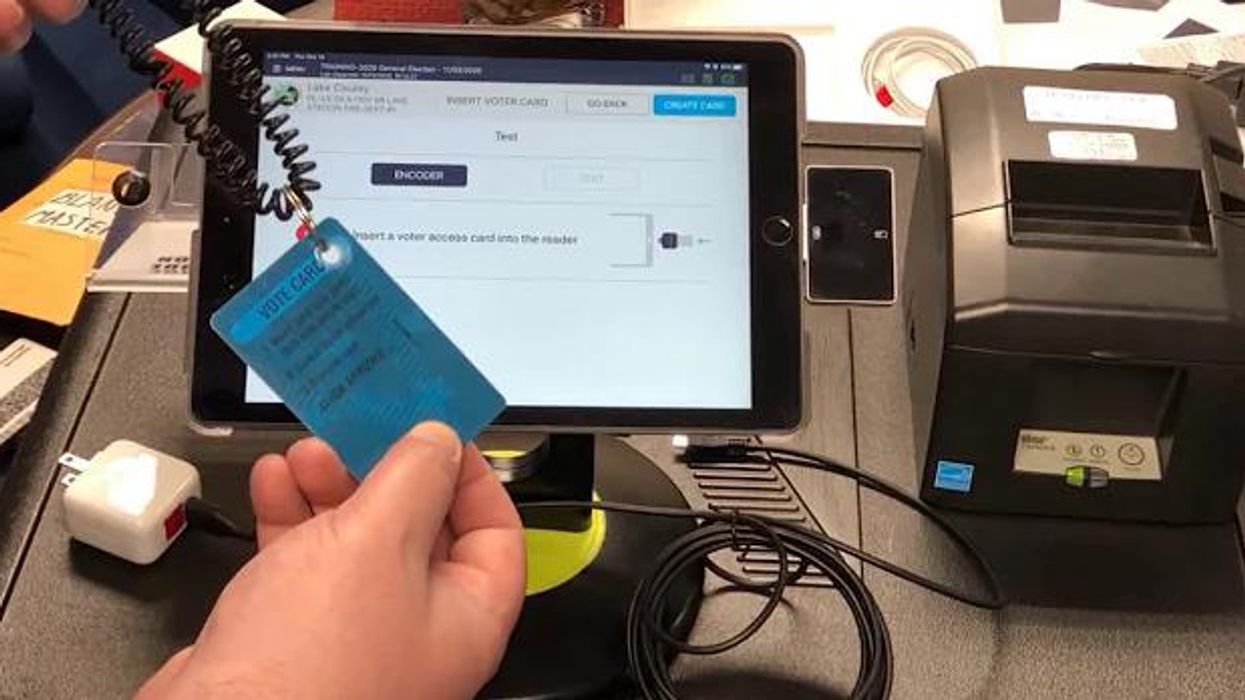Yes, New Jersey Primary Turnout Was A Great Sign For Democrats
Last week, Rep. Mikie Sherrill won New Jersey’s hotly contested Democratic gubernatorial primary with 34 percent of the vote in a six-way race. New Jersey is one of just two states holding off-year governor’s races in 2025, the other being Virginia.
Sherrill is now the frontrunner heading into November’s election. Her Republican opponent, former state Rep. Jack Ciattarelli came shockingly close to winning four years ago. But like Virginia Gov. Glenn Youngkin, he benefited from Donald Trump not being on the ballot or in office. This time around, Trump is all in, loudly endorsing Ciattarelli—much to Sherrill’s delight, no doubt.
Sherrill immediately pointed to the sky-high Democratic turnout as both the key to her win and a preview of November.
“We had almost 800,000 people voting in this primary. That’s unheard of,” she told the Washington Post. “It shows you the passion people have, shows you what’s coming in November here.”
And that’s underselling it. Democratic turnout now stands at 814,669, a genuinely extraordinary number. The closest comparison is from 2017, which saw 503,682 votes. In 2021, it was just 382,984 (an unopposed primary), and only 195,171 in 2013.
Republicans also hit a record of 459,574 votes, up from 339,033 in 2021 and the mid-200,000s in 2013 and 2017. But even with this boost, they still lag far behind Democrats’ surge.
This turnout is especially encouraging given New Jersey’s sharp rightward shift in the 2024 presidential election. Vice President Kamala Harris carried the state just 52-46, compared to President Joe Biden’s 57-41 win in 2020—a net 10-point swing to Republicans, largely driven by weak Democratic turnout. That’s clearly been fixed.
Holding New Jersey’s governorship—and reclaiming Virginia’s—matters. But what’s really exciting is what this says about the 2026 midterms.
Conventional wisdom says that the party in the White House gets shellacked in the midterms—especially with an unpopular president. But Biden and Democrats already broke that rule in 2022. Nothing’s carved in stone.
Meanwhile, Republicans got obliterated in Trump’s first term during the 2018 midterms, when Democrats flipped 41 House seats and seven governor seats. His second term is off to an even worse start, and with these early signs of hyper-engaged Democrats, the vibes are good.
Sure, 2026 is still a long way off. But if these numbers spook enough Republicans in swing districts, Democrats might be able to grind this narrowly divided Congress to a halt.
That alone is worth celebrating.
Reprinted with permission from Daily Kos.












